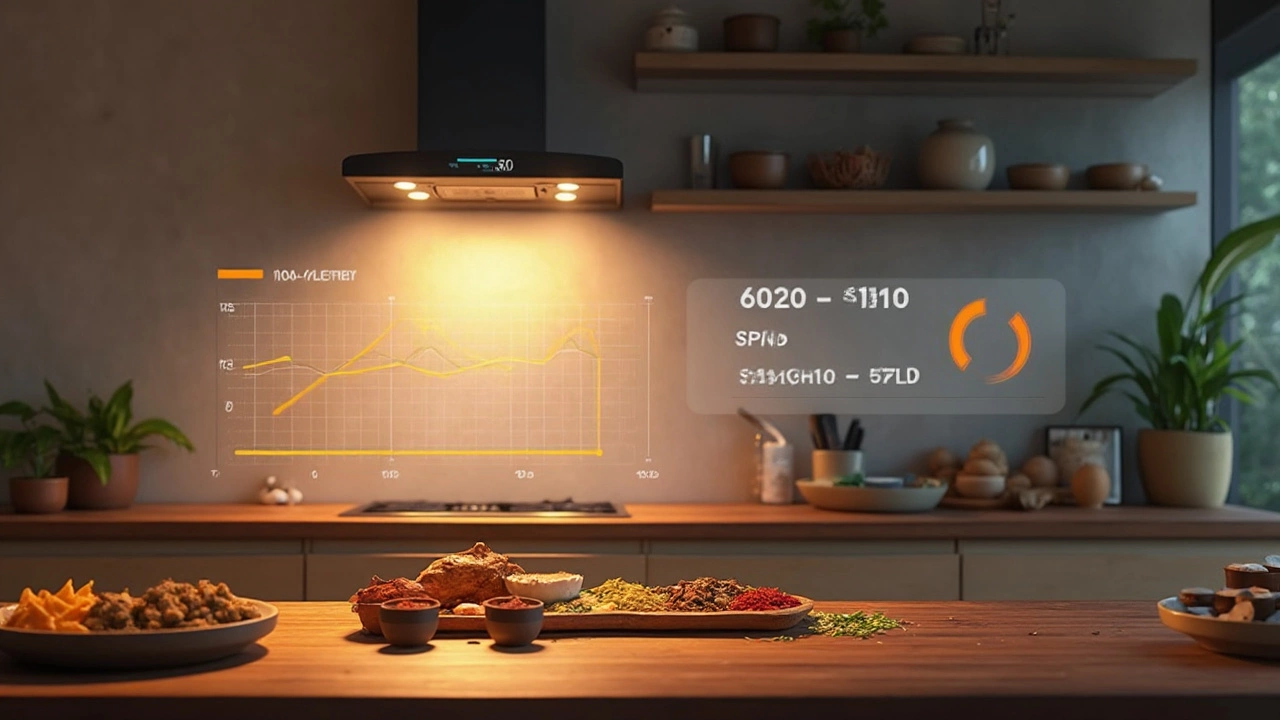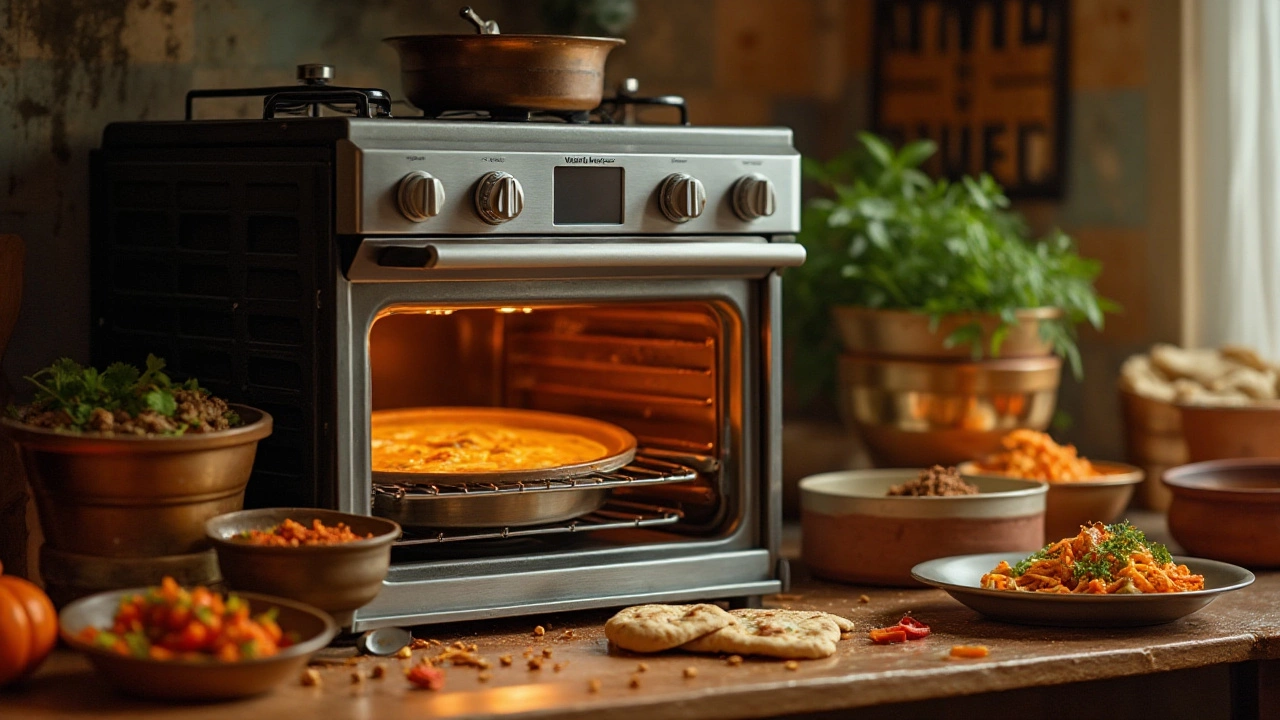Electric hobs can usually be repaired instead of replaced, depending on what’s wrong. This article covers common problems like faulty burners and broken controls, and explains which fixes you can do at home and when to call a pro. You’ll find out how much repairs cost compared to buying new, plus smart tips for keeping your hob running longer. Get the real facts so you don’t waste money or risk safety. Knowing what’s possible saves headaches in the kitchen.
Repair Tips: Simple DIY Fixes for Everyday Appliances
Got a noisy washer, a cold oven, or a fan that stopped spinning? You don’t need to panic or call a tech right away. Most household gadgets have easy, safe troubleshooting steps you can try at home. In this guide we’ll walk through the most common fixes, share quick checks, and tell you exactly when it’s smart to call a professional.
Common DIY Steps for Everyday Issues
First thing’s first – always unplug the appliance. It protects you and resets the electronics, often clearing minor glitches. Next, look for obvious problems: a blocked filter in a dryer, a clogged pump in a washing machine, or a tripped breaker for your oven. These quick visual inspections solve a big chunk of complaints.
For an oven that won’t heat, test the heating element with a multimeter. If the coil shows no continuity, replace it – most retailers sell a universal element for under $30. A refrigerator that’s not cooling usually points to a dirty condenser coil. Grab a vacuum brush and clean the coils once a year; you’ll feel the difference instantly.
Fans, whether in bathrooms or kitchen hoods, often fail because of dust‑filled motor blades. Remove the outer cover, clean the blades with a soft brush, and check the motor for any burnt smell. If it still won’t spin, a simple motor replacement is often cheaper than calling an electrician.
When to Call a Professional
Some problems need more than a screwdriver. If you discover a burnt PCB, a leaking gas line, or a water heater that won’t ignite after checking the power supply, it’s time to bring in a trained technician. Mishandling electrical parts or gas components can be dangerous and may void warranties.
Also, if you’ve tried the basic steps three times and the issue persists, don’t keep forcing it. Professional repair shops have diagnostic tools that can pinpoint hidden faults, like a failing thermostat in a dryer or a cracked injector in a water heater. Getting help early can prevent bigger breakdowns and save money in the long run.
Remember, most repair shops, including Mumbai Laptop Repair Service Hub, charge a modest fee for a diagnosis. That fee often goes toward the final repair cost if you decide to proceed. It’s a low‑risk way to get expert advice without committing to a full repair right away.
So next time something stops working, start with the simple checks: unplug, look, clean, test. You’ll surprise yourself with how many fixes you can do on your own. And when the job gets tough, a quick call to a reliable service center will get your appliance back in shape without a headache.
Wondering if your faulty hob is a lost cause? This article breaks down which hob problems you can fix yourself and when to call in the pros. Discover the most common hob issues, simple troubleshooting tips, and ways to keep your kitchen running smoothly. Get practical advice to save money and avoid kitchen disasters. Find out what really works when your hob stops working right.
Leaving the extractor fan on continuously can be a tricky decision. While it helps in controlling moisture and odors in your home, it also influences energy consumption. This article explores the advantages and disadvantages of keeping the fan on, common causes of repair issues, and tips for optimal fan usage without skyrocketing electric bills. Learn how to manage your home's air quality effectively while saving energy.
Figuring out whether to repair or replace your fridge can be tough, especially when you're tight on money. This article helps you decide by discussing the costs and benefits of both options. It also provides useful tips and interesting facts about fridges. Get practical advice on what to consider before making a decision.
A range oven can last anywhere between 13 to 15 years if you give it proper care and attention. But like any gadget, its lifespan depends on several factors including usage and maintenance. Regular cleaning, fixing minor issues promptly, and even using your oven smartly can stretch its life. This article dives into the details of extending your range oven's life while keeping it in top-notch condition.
Identifying red flags in a water heater can prevent costly repairs and potential disasters. This article discusses common warning signs such as unusual noises, leaks, and inconsistent water temperatures that indicate a water heater should be examined. Learn about the lifespan of a typical water heater and how to extend it through regular maintenance. Understand when it's time to seek professional help and tips for proactive care. Empower yourself with knowledge to ensure your water heater remains in optimal condition.
Exploring whether an electric oven can last two decades requires diving into its design, usage patterns, and maintenance practices. By understanding common issues and effective maintenance techniques, homeowners can prolong the life of their ovens. This article provides practical tips and insightful guidance to help maximize the lifespan of an electric oven, making it a reliable kitchen companion for up to 20 years.






